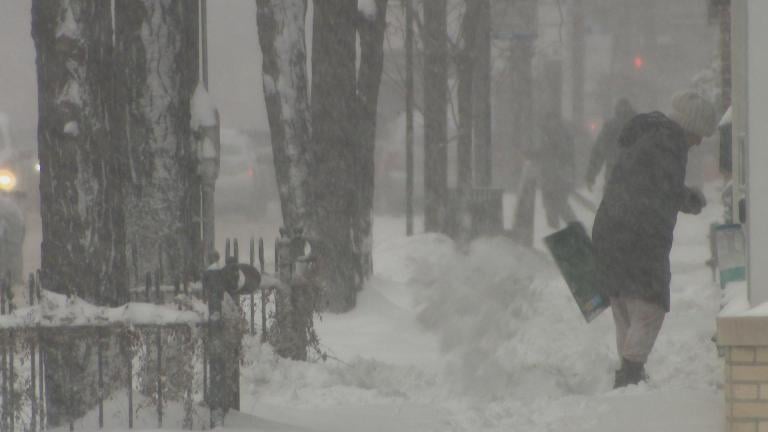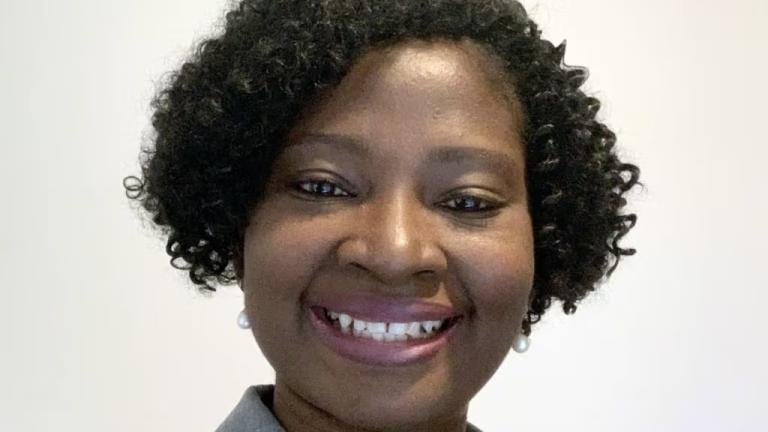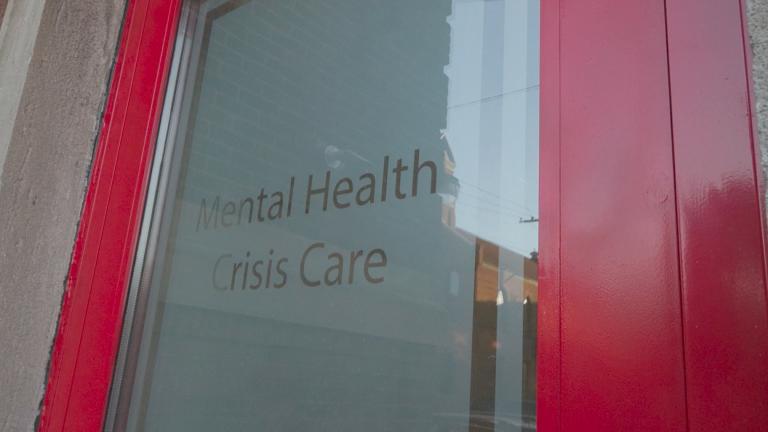Illinois is months away from the scheduled launch of a new suicide prevention hotline, and state lawmakers are working to make sure it gets funding.
Under federal law, the new 988 hotline takes effect in July. It’s intended to be a simple, three-digit emergency number like 911 that can replace the current National Suicide Prevention Lifeline (800-273-8255.)
The state Senate this month passed a bill creating a statewide 988 trust fund, which is now in the state house. Gov. J.B. Pritzker’s budget proposal puts $70 million toward crisis response services for people who call 988, and $5 million specifically into that trust fund.
“This funding is essential, because we need to be able to get 988 off the ground in a successful manner,” said Sen. Laura Fine, the bill’s chief sponsor. “We have to make sure that we’re able to hire the people to work the lines, and make sure that we have the services in place.”
Fine says the new 988 number will ensure that people in a mental health crisis can access care without dialing 911.
“The person on the other end of the phone will (determine) do we need to send somebody out, can we provide you with the help you need over the phone, (and) what type of services you need,” Fine said. “The goal is to de-escalate and make sure people get the services they need and the care they need, and not put a mental health crisis in the hands of law enforcement when we need it to be in the hands of mental health providers.”
The new hotline is an effort many years in the making, and one that mental health care providers have long advocated for.
“We’re excited about this. It’s really important that there’s a comprehensive, well-known understanding of where people can seek services when they feel as though they’re in a crisis, or are trying to negotiate a very complicated mental health system,” said Alexa James, CEO of NAMI Chicago.
The 988 hotline is set to go live in July. James says there’s much more work to be done before that launch – and that a robust mental health care system can help prevent people from experiencing a mental health emergency.
“Creating a comprehensive crisis system is more than just building out a number. We need to know what’s on the other side of that call – where are people getting connected, where are they going, do we have community resources to support that need? A lot of the answer to that currently is ‘no,’” James said. “It’s a very important first step. We will need a lot of additional investment.”








